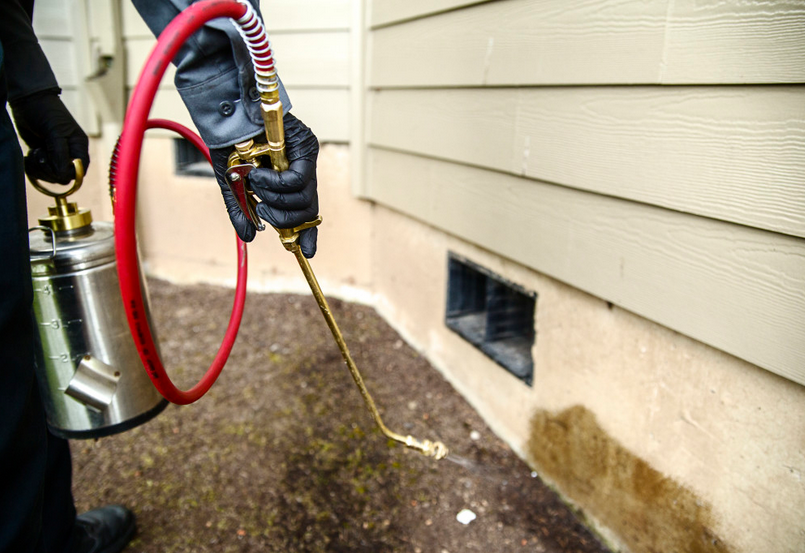Over the past month, temperatures in Brisbane have skyrocketed thanks to sporadic heatwaves and, of course, the typical humidity we’ve come to expect during the summer months.
But while we may be moving towards the end of our second month of summer, that doesn’t mean the heat will end anytime soon. And the problem with heat and pests is that, overall, most pests absolutely love the heat more than other type of weather condition.

Why do pests love the heat?
While this doesn’t apply to all pests, the reason most of them flourish during the warmer months is simply because the conditions are more acceptable for them. A large percentage of pests procreate during the spring and their population grows substantially throughout the spring and summer. In the winter months, certain pests either go into hibernation or, at the very least, become less active.
You can check out the article given below about how the pests are such a nuisance for people especially now that winter season is just around the corner so that one can utilize this time to tackle the pests as they will come back as soon as summer hits in but as mentioned, you can’t say the same about all pests like rodents and we’ll see how.
Rodents are one of the key exceptions during the winter months, where their drive to find shelter from the cold means you’ll likely see more of them during autumn, winter and early spring. During the summer, they tend to stay outside as the weather is pleasant enough for them to live out in the wild.
Overall, however, you’ll find most pests are more active and more willing to head inside your home to look for food and shelter throughout the warmer seasons. Of course, while that may be a sweet deal for them, it’s not exactly a welcome situation for you – regardless of whether it’s your home or business.
Dealing with pests in the hotter months
Dealing with pests, whether in your home or at your business property, is all about taking steps to make it harder or less appealing for pests to come inside. For example, the first step you could take is to identify if there are any entry points these pests are using that could be easily sealed or blocked off (e.g. cracks in brickwork, entrance via a downpipe, etc.). The more entry points you restrict, the harder you make it for pests to simply break in.
Another step worth taking is to remember that the cleaner your residence is, the less appealing it is to most pests. While some will be looking for shelter, they’ll only be looking for shelter provided they can also easily access food. If you regularly empty your bins, vacuum and mop to pick up and dispose of scraps, and just keep your place clean in an overall sense, your home or business won’t seem like such an ideal target for pests.

In terms of the ways in which you can stop pests from getting inside besides blocking of entrance points, home owners do have the option of using surface sprays. Overall these do a decent job, but just make sure you make note of what type of surface spray it is. If you’ve purchased one that notes it is for outside use only, make sure you do exactly that. Outside surface spray is more potent than inside surface spray, so it could have health effects if not handled properly.
For businesses, you can consider investing in things such air curtains (which aim to keep flying insects outside by using wind force) and screened doors. Because you have customers and certain health and safety procedures to adhere to, the use of surface sprays is not recommended.
But regardless of whether you’re a home owner or a business owner, you should consider hiring the services of a pest management professional if your pest problem is significant.
